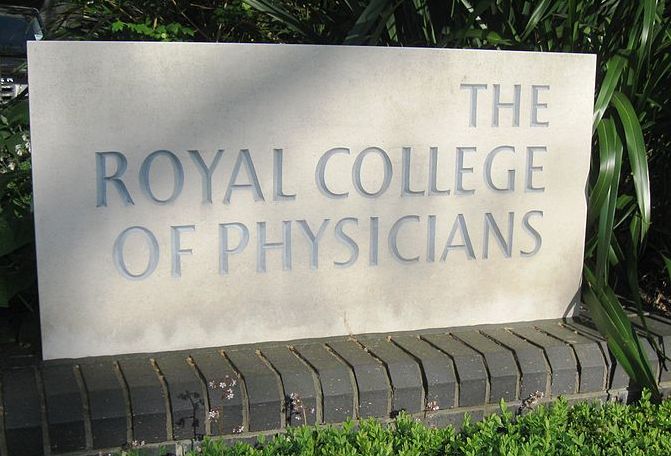'despite minor distinctions to be made in the conditions of the claimants, Conway is an authoritative case for present purposes, and in our judgment is binding on this court in relation to this issue... Notwithstanding the forensic analysis of the opinions in Nicklinson, the court is not an appropriate forum for the discussion of the sanctity of life, or for resolution of such matters which go beyond analysis of evidence or judgment governed by legal principle.'
Date: Tuesday 19th November 2019
Release time: Immediate
Care Not Killing welcomes Court ruling rejecting attempt to introduce assisted suicide
Care Not Killing welcomes the latest rejection of an unnecessary legal challenge to the UK's assisted suicide laws by the campaigner Phil Newby.
Dr Gordon Macdonald, Chief Executive of Care Not Killing, commented:
'We welcome this decision by the Courts to reject the attempt to change the 1961 Suicide Act and introduce assisted suicide via the backdoor. As the ruling points out this is a matter for Parliament, not for judges.
'This ruling recognises that Parliamentarians across the UK continue to reject attempts to introduce assisted suicide and euthanasia - more than a dozen times since 2003 - out of concern for public safety, including in 2015 when the House of Commons overwhelmingly voted against any change in the law by 330 votes to 118. The current laws prohibiting assisted suicide and euthanasia do not need changing.
'It recognises the significant dangers of ripping up long held universal protections, that ensures the law treats all people equally and evidence from around the world confirms removing these protections puts vulnerable people at risk of abuse and of coming under pressure to end their lives prematurely.
'Just a few week ago a major US report from the National Council on Disability found the laws in the handful of States that had gone down this route, were ineffective and oversight of abuse and mistakes was absent.
'This was a highly significant and important report as those championing assisted suicide, like DiD, (formally the Voluntary Euthanasia Society), hold up Oregon and Washington as the model for making the change in England and Wales.
'These findings resonate with other official reports that show year after year, a majority of those ending their lives in both States cite fear of becoming a burden a reason.
'There are also problem outside these US states. In 2016, Canada changed their law to allow terminally ill people to request assisted suicide and euthanasia. In just three years the numbers of those dying this way has dramatically risen, with one Canadian academic reported a four-fold increase between 2016 and 2018, from 1,010 - 4235.
'Then in September, the Quebec Superior Court struck down the requirement that a person be terminally ill before they qualify for euthanasia in Canada.
'While in July a depressed, but otherwise healthy 61-year-old man, was euthanised in the province of British Columbia. Alan Nichols, a former school janitor who lived alone, had struggled with depression, was admitted to Chilliwack General Hospital, BC, in June after he was found dehydrated and malnourished. Despite not being terminally ill, he received a lethal injection. Alan's case is not isolated.
'There are a growing numbers of reports that terminally ill patients and those with chronic conditions are being denied care, but offered the drugs to kill themselves. In one such case, Roger Foley from Ontario who suffers from a neurological disease, recorded hospital staff offering him a 'medically assisted death', despite his repeated statements that he did not want to die and wanted to return to his home.
'No wonder not a single doctors group or major disability rights organisation supports changing the law, including the British Medical Association, the Royal College of General Practitioners, the Royal College of Physicians, the British Geriatric Society and the Association for Palliative Medicine.'
Ends
Editors Notes
For media inquiries, please contact Alistair Thompson on 07970 162225.
Care Not Killing is a UK-based alliance bringing together human rights and disability rights organisations, health care and palliative care groups, faith-based organisations groups, and thousands of concerned individuals. We have three key aims:
- to promote more and better palliative care;
- to ensure that existing laws against euthanasia and assisted suicide are not weakened or repealed;
- to inform public opinion further against any weakening of the law.
*As this story is dealing with suicide, please could we ask that you include details about organisations that offer help and support to vulnerable people who might be feeling suicidal such as the Samaritans, CALM or similar - Thank you.*







